
by Rich Benvin | Mar 4, 2016 | Big Data, Creating Competitive Advantage, Save With Data
 Where Is Big Data In Every Day Life?
Where Is Big Data In Every Day Life?
We all hear about Big Data and how it is changing industries and allowing companies like Target to stalk their customers, but do we interact with Big Data in our everyday routines?
READ MORE
 Will Europeans Get Left In The Dust Because They Refuse Big Data?
Will Europeans Get Left In The Dust Because They Refuse Big Data?
It is no secret that Europeans have been extremely reluctant to jump on the Big Data train. As Americans continue to indulge in Big Data and incorporate it into their businesses, we must wonder, what will happen to Europe? Will European companies fall behind without the technology to even the playing field?
READ MORE
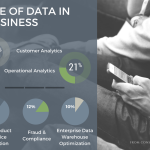 Utilizing Data in Business
Utilizing Data in Business
Despite what industry you are in, you can use data to achieve a wide variety of goals. It doesn’t matter if you are a big, or small business. Simply put, data analysis converts raw data into the accurate and up-to-date information you need to know what’s going on in every facet of your company.
READ MORE
 Big Data In Cancer Research
Big Data In Cancer Research
Cancer is a horrible illness that has been nearly impossible to figure out. Scientists have had a difficult time finding a cure for cancer because no two cases of cancer are the same. Everyone’s bodies are different and therefore, those who develop cancer do not have identical cancer cells.
READ MORE
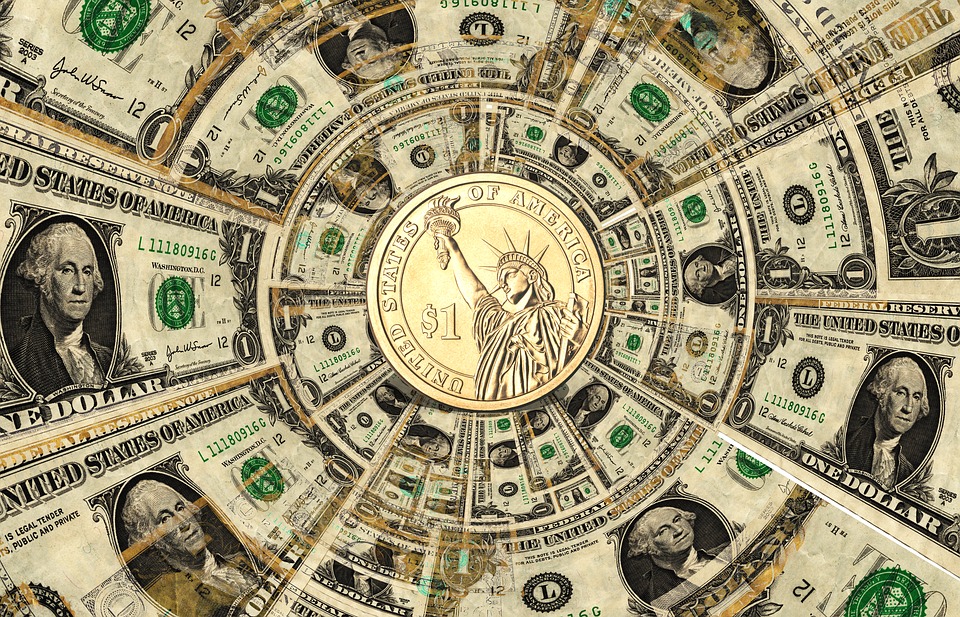
by Rich Benvin | Jan 15, 2016 | Big Data, Energy, Save With Data, Videos
 Big Data Meets Marijuana
Big Data Meets Marijuana
Now that the “sacred leaf” is legal in a few states, marijuana is a very popular subject. The marijuana industry has boomed since its legalization in Colorado and Washington State in 2012. Dispensaries and grow houses have become a tourist spectacle, there are even weed tours one can take to visit differing stores and try out the products…
READ MORE
Small Oil Prices Lead To Big Data Solutions
As the average American I hear gas and oil and automatically picture money flying out of my wallet. Assuming that this is the mindset of most of our population, it is hard to feel bad for the oil and gas companies when we hear they are losing money. The problem is that most people don’t look at both sides of the situation- the lower our gas prices become, the more employees that being laid off in the oil and gas industry…
READ MORE
IBM Big Data in a Minute: Securing and Protecting Data
Data breaches are even scarier today as the risk level increases with more data and devices. We all are acquainted with a Twitter, Facebook or email hack, but how much more critical would these hacks be if the data breach revolved around our personally identifiable data or financial data…
WATCH VIDEO
 Big Data is Fundamental in the Hospitality and Travel Industry
Big Data is Fundamental in the Hospitality and Travel Industry
In a series of interviews within the travel industry, the authors of the study from the Society of Consumer Affairs are intent to show how Big Data can be used to increase impact and reduce friction across disciplines, both within a company and the industry. Personalization is a key tenant of Big Data; there is a plethora of information about particular consumers, transactions or destinations, the reality is one of detailed, accurate personalization…
READ MORE

by Rich Benvin | Nov 20, 2015 | Business Optimization, Health Care
The switch to paperless offices has really driven the use of technology in many industries, including healthcare. Not just hospitals but different areas such as physical therapy, nursing homes, etc. are making the switch to digital note taking. There are a couple reasons why this is a a step forward for healthcare and all of its underlying sections. Just a few reasons include research advancement, time efficiency, and monetary savings.
Most healthcare professionals are swamped with patients everyday. The healthcare professional to patient ratio is terribly skewed, causing doctors, nurses, physical therapists and other professionals to see more patients per day than they used to. When attending to this many people everyday, it can be very easy to lose track of individual patient symptoms and begin to lose organization in necessary paperwork. Healthcare professionals are required to keep extremely detailed record of each patient, which can add up to a lot of paperwork. Why let all of these important files just sit in a cabinet? Why not use these real life cases as a resource for researchers? This is what Big Data is doing. The technology that harnesses big data and relays it into understandable connections is what is allowing researchers to tap into the vast amount of real life cases that could be the key to a new cure or better treatment plan.
In order for researchers to quickly access patient files, the records must be digitized. Instead of healthcare professionals taking patient notes and then having to type them into a computer program, why not start with the computer? More and more doctors offices and physical therapy clinics are using tables or laptops to type notes while talking with patients about their symptoms. This may seem a little less personal, but it helps healthcare professionals use their time wisely. Due to their packed case loads, they do not have time after each patient session to sit down and type up their notes. This multitasking is allowing doctors and physical therapists to be much more efficient with their time and potentially get to spend more time actually working with each patient.
By switching to digitized files and multitasking, healthcare fields are saving a ton of money. Offices are no longer wasting mass amounts of paper and dealing with where to store all of their records, they now simply need to ensure they have enough hardware space to store their patient records. Healthcare offices are also making more money by being able to see more patients in a day due to the healthcare professionals multitasking and using their time efficiently. Big Data is making great strides in the healthcare industry and continues to help the field find new solutions and better their practice.
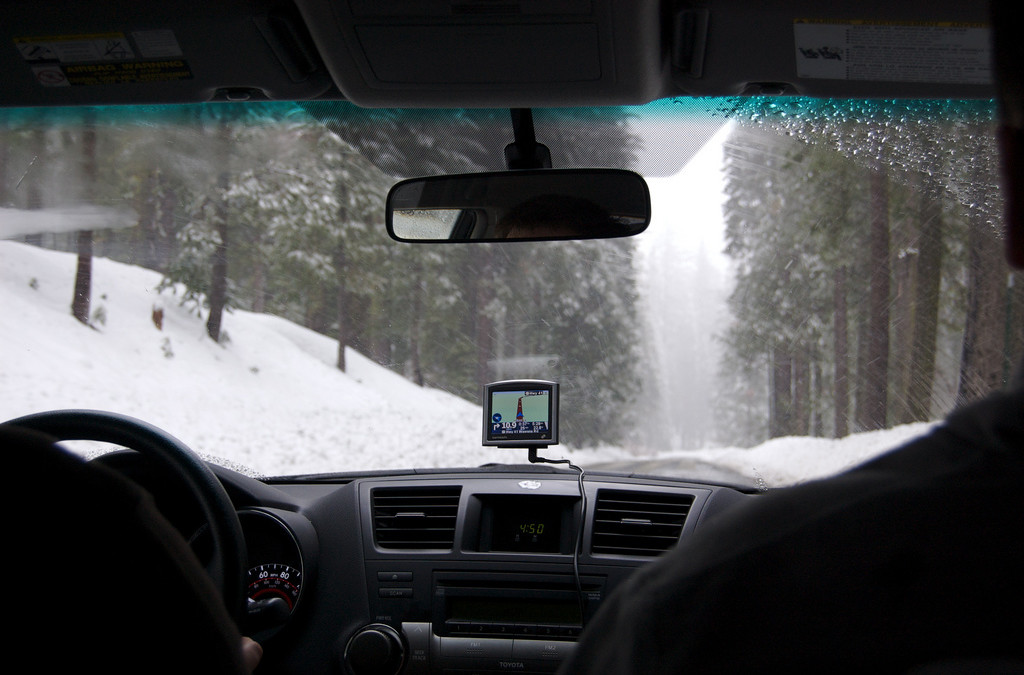
by Rich Benvin | Nov 16, 2015 | Business Transformation
Car accidents are never a good thing, whether they range from a simple fender bender to a full on smash, they greatly affect our lives. Car crashes can lead to serious, life altering injuries as well as become very expensive in hospital and automotive repair costs. Overall a car accident is something no one wants to experience. With the winter rolling in here in Colorado, poor road conditions and snow lead to a lot of motor vehicle accidents.
What if we could better prevent this?
With the technology in cars advancing everyday it is not a far stretch to believe that we will soon be driving cars that can communicate to one another. Imagine, you are driving at night and all of a sudden your dash board alerts you there is black ice a mile ahead of you. At this point you have plenty of time to slow your speed and take extra precautions to avoid sliding across the almost otherwise undetectable ice. Now how did your car know there was a hazard a mile ahead of you? The cars driving towards you, who had already encountered the ice would send a signal to your car informing it of the potential danger.
This type of alert is already being used in the trucking industry. Trucks are not yet equipped with the technology to communicate to one another yet, but the drivers are beginning to use IBM’s MessageSight system to connect with other drivers more easily. This allows drivers to relay information to one another about road conditions, possible hazards, and even a fellow truck that may need assistance. By connecting the drivers to more real time information, they can determine better routes and get to their destination faster and with less issues. IBM’s MessageSight is optimizing the entire trucking industry by simply providing a network for drivers to communicate with one another.
With this type of technology we are already seeing the trucking industry save money by becoming more efficient with their routes, but as the automobile technology advances we will begin to see a lot more than that. Hopefully as cars become more intelligent we will see less accidents saving people money and possibly their lives.

by Rich Benvin | Oct 23, 2015 | Data Science
Big Data is arguably the hottest topic of the year. The people who drive this revolution -Data Scientists. Data scientists mine through mass amounts of data and find the connections that can then be translated into valuable information that would otherwise be very difficult to detect. For those who are smart enough to be a data scientist, it is quite the lucrative business.
So how valuable are Data Scientists?
The average salary for a data scientists is $118,000 a year. It doesn’t matter if you are a kid straight out of college of a distinguished individual, with a salary like that you are sitting pretty. Now, mining through data isn’t for the faint of heart. Finding meaningful relationships in a mound of data can be like finding a needle in a hay stack and can sometimes take a long time to uncover anything relevant. With that being said, those who have the training and the patience to succeed in this profession have the opportunity to work for some pretty fun companies.
Google has been rated one of the best places to work and they love their data scientists. Google prides themselves on knowing their users and being able to accurately market to individuals, which takes data and a lot of it. According to Glassdoor, Google pays their data scientists anywhere from $137,626 to $149,292 a year. With this type of salary on top of being able to work at one of the most well liked companies, I would say being a Data Scientist at Google would be a pretty great gig.
Facebook is arguably the biggest social media site on the internet today. The amount of data Facebook collects from its users is colossal, which means they rely heavily on Data Scientists. Have you ever wondered why the advertisements surrounding your Facebook page are eerily accurate to your interests and desires. From volleyball gear to engagement rings, Facebook advertisements always had me pinned. This is because the Data Scientists at Facebook take the information they gather from uses and sell it to companies, allowing them to more accurately market to unique demographics. Facebook pays their Data Scientists between $135,098 and $178,789 a year. Again, not too shabby.
IBM is the world’s largest information technology company and its products include hardware, multiple types of software, storage products, and customized microchips. Similar to Big Data itself, IBM has infiltrated almost any industry you can think of. IBM uses the best Data Scientists to partner with these different industries to make change happen and help lead those industries to better efficiency. IBM compensates its Data Scientists with a salary ranging from $108, 984 to $112,984. Sounds like a great position, being paid well, while also getting to work on some of the most innovative and new technology the world has ever seen!
These are just a few of the popular companies that utilize the brains of Data Scientist to make a difference in the world. Data Scientists are slowly improving many of the largest industries from oil and gas to healthcare and these changes will surely effect us all.
Let us know what you think about Data Scientists, are they paid too much, too little, or just right?
Share with us on our Facebook Page!

 Where Is Big Data In Every Day Life?
Where Is Big Data In Every Day Life? Will Europeans Get Left In The Dust Because They Refuse Big Data?
Will Europeans Get Left In The Dust Because They Refuse Big Data?









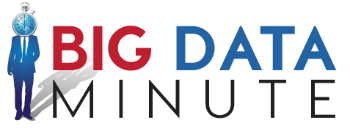
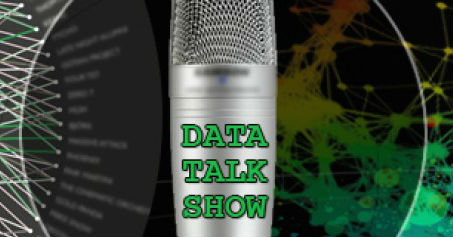


Recent Comments